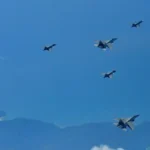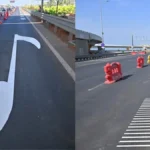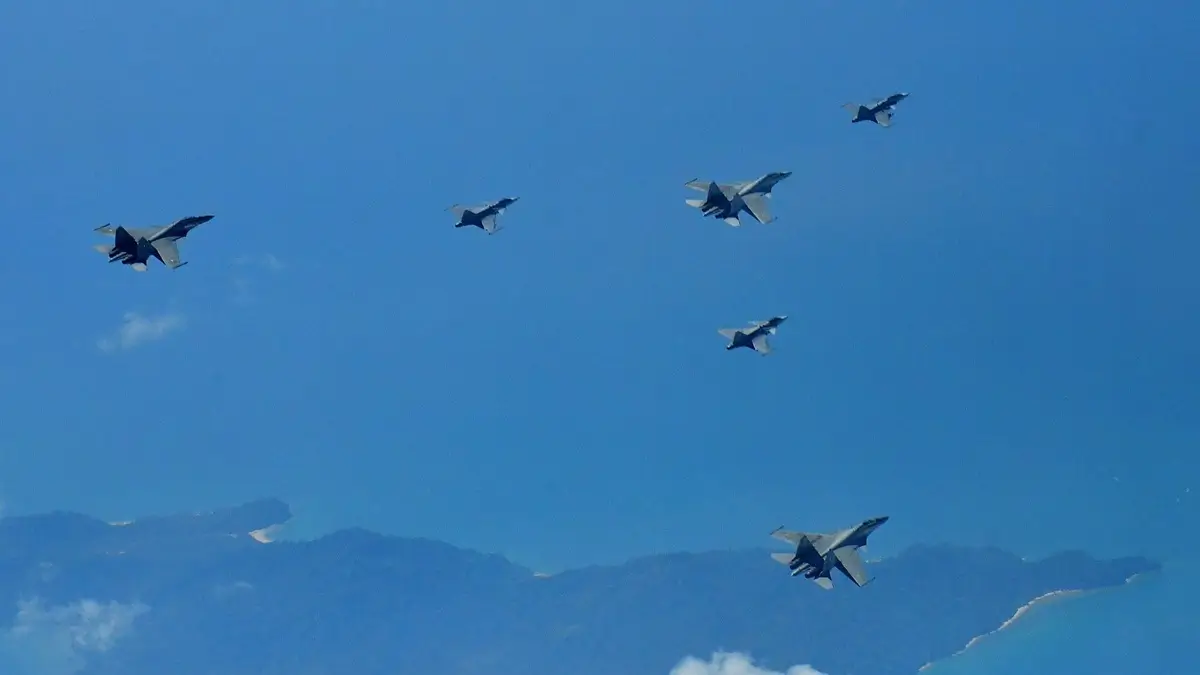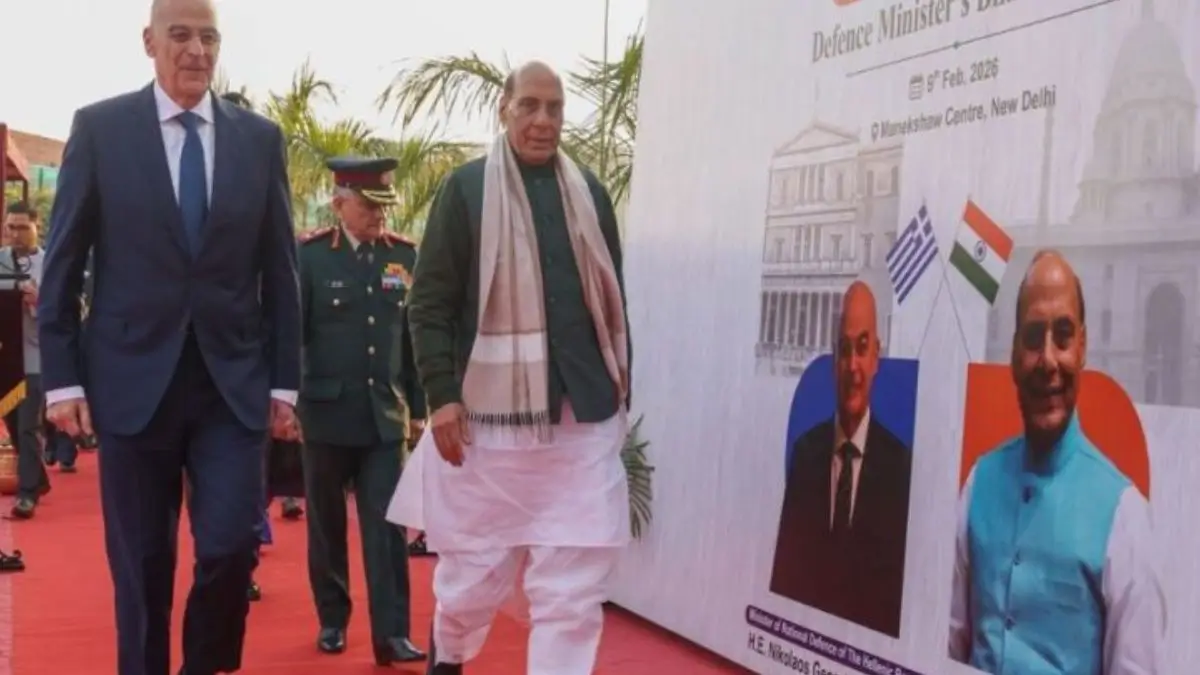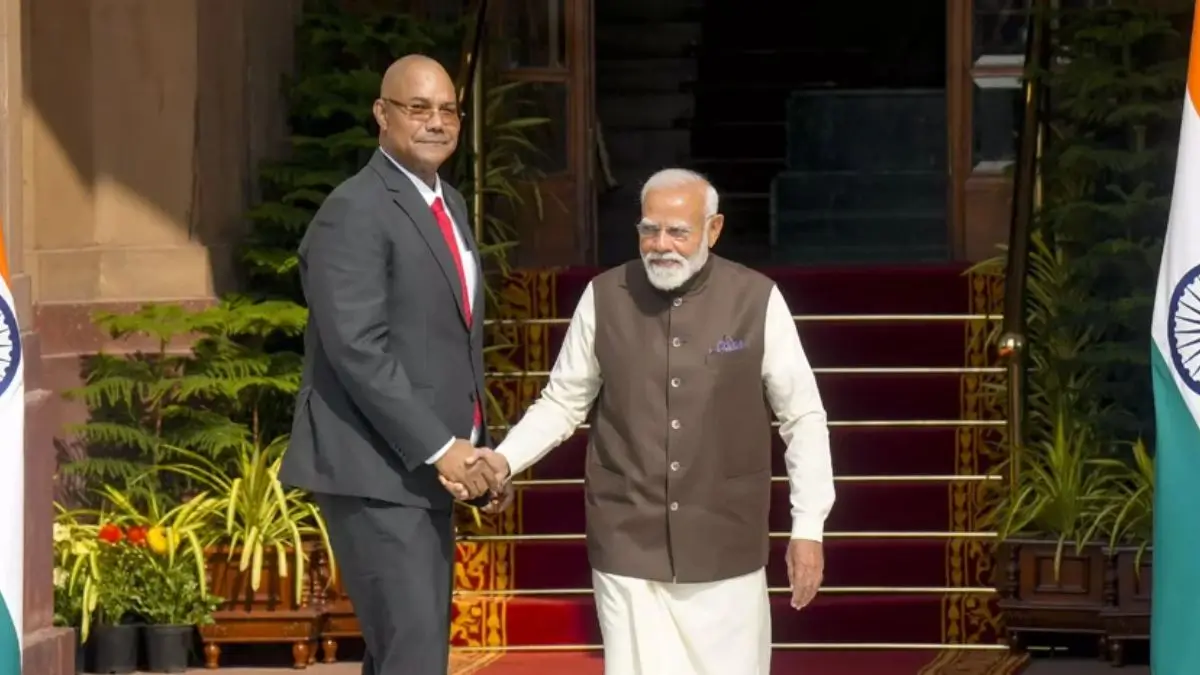Ulchi Freedom Shield Exercises: Strengthening Regional Security
Introduction to Ulchi Freedom Shield Exercises
The Ulchi Freedom Shield (UFS) exercises, conducted annually, are a pivotal military training event involving South Korea and the United States. These joint drills, named after a Korean general famed for his strategic prowess, are designed to enhance the readiness and interoperability of both forces. The 2024 edition of these exercises has seen significant participation and upgrades in technology, reflecting ongoing efforts to bolster regional security amidst evolving geopolitical dynamics.
Scope and Scale of the 2024 Exercises
In 2024, the Ulchi Freedom Shield exercises have expanded to include a broader range of scenarios, incorporating advanced simulations and real-time strategic adjustments. This year’s drills focus on countering potential threats from North Korea, with a comprehensive approach that includes cyber defense, naval operations, and joint land exercises. The scale of the exercises has increased, involving numerous personnel and advanced equipment, showcasing the commitment of South Korea and the U.S. to maintaining stability in the region.
Strategic Objectives and Training Focus
The primary strategic objectives of the Ulchi Freedom Shield exercises are to improve response times, coordination, and tactical proficiency. The exercises are designed to simulate a wide range of scenarios, from conventional military threats to complex cyber-attacks. By integrating new technologies and training methodologies, the exercises aim to ensure that both South Korean and American forces are prepared for any eventuality, thereby enhancing their ability to respond to regional security challenges effectively.
International Reactions and Implications
International reactions to the Ulchi Freedom Shield exercises have been mixed. While South Korea and the U.S. view the exercises as a necessary measure for regional security, North Korea has expressed strong opposition, viewing the drills as provocative. The exercises have implications for regional diplomacy, as they influence the security dynamics on the Korean Peninsula and impact the broader strategic environment in East Asia.

Why This News is Important
Enhancing Regional Security
The Ulchi Freedom Shield exercises are crucial for maintaining security in the Korean Peninsula. By preparing for various scenarios, these drills ensure that South Korea and the U.S. are well-equipped to handle potential threats from North Korea. The exercises contribute to regional stability by demonstrating the commitment of both nations to defend against aggression and uphold peace in the region.
Demonstrating Military Readiness
These exercises showcase the military readiness and technological advancements of the participating forces. The integration of advanced simulations and real-time adjustments highlights the capability of South Korean and American forces to respond swiftly and effectively to evolving threats. This readiness is essential for deterring potential adversaries and reassuring allies of the strength and reliability of the U.S.-South Korean alliance.
Impact on Diplomatic Relations
The Ulchi Freedom Shield exercises have significant diplomatic implications. While they are viewed as a defensive measure by South Korea and the U.S., they are perceived as a threat by North Korea, which can lead to heightened tensions. Understanding the diplomatic context of these exercises is important for grasping the broader geopolitical landscape and the interplay between military preparedness and international relations.
Historical Context
Origins and Evolution of Ulchi Freedom Shield
The Ulchi Freedom Shield exercises have their roots in the joint military training programs established in the aftermath of the Korean War. Initially focused on basic defensive tactics, the exercises have evolved to address more complex and diverse scenarios as regional security dynamics have changed. The name “Ulchi” honors General Ulchi Mundok, a Korean military leader known for his strategic acumen in repelling invasions.
Previous Exercises and Their Impact
Past editions of the Ulchi Freedom Shield exercises have had varying impacts on regional security and diplomatic relations. The exercises have often been a source of tension with North Korea, leading to escalations in rhetoric and occasionally affecting diplomatic negotiations. However, they have also played a vital role in maintaining the preparedness and operational capabilities of South Korean and American forces.
Key Takeaways from Ulchi Freedom Shield Exercises
| Serial Number | Key Takeaway |
|---|---|
| 1 | The Ulchi Freedom Shield exercises involve joint training between South Korea and the U.S. aimed at enhancing military readiness. |
| 2 | The 2024 exercises include expanded scenarios and advanced technology to simulate a range of threats, including cyber and conventional attacks. |
| 3 | These drills are crucial for maintaining regional stability and demonstrating the commitment of both nations to defend against potential aggression. |
| 4 | International reactions to the exercises are mixed, with North Korea viewing them as provocative and other nations observing the strategic implications. |
| 5 | The exercises reflect the ongoing evolution of military training programs in response to changing security dynamics and technological advancements. |
Important FAQs for Students from this News
1. What are the Ulchi Freedom Shield exercises?
The Ulchi Freedom Shield exercises are annual joint military drills conducted by South Korea and the United States. They are designed to enhance the readiness and interoperability of the two forces by simulating a variety of potential security threats.
2. What is the primary focus of the 2024 Ulchi Freedom Shield exercises?
The 2024 exercises focus on countering potential threats from North Korea. They include advanced simulations, cyber defense, naval operations, and joint land exercises to prepare for a range of scenarios.
3. Why are the Ulchi Freedom Shield exercises significant for regional security?
These exercises are crucial for maintaining stability in the Korean Peninsula. They demonstrate the preparedness of South Korean and American forces to respond to potential aggression and reassure allies of their commitment to regional defense.
4. How have the Ulchi Freedom Shield exercises evolved over time?
Initially focused on basic defensive tactics, the exercises have evolved to address more complex scenarios and incorporate advanced technology. This evolution reflects changes in regional security dynamics and technological advancements.
5. What are the international reactions to the Ulchi Freedom Shield exercises?
International reactions are mixed. While South Korea and the U.S. view the exercises as necessary for defense, North Korea sees them as provocative, leading to heightened tensions in the region.
Some Important Current Affairs Links






